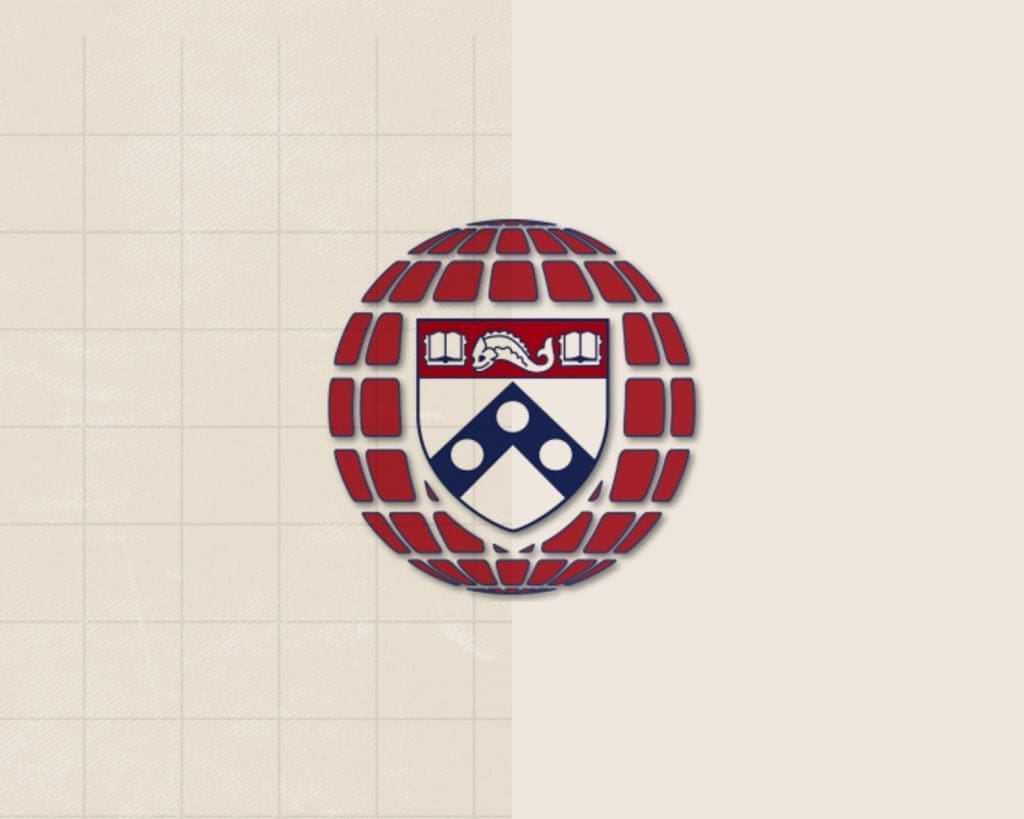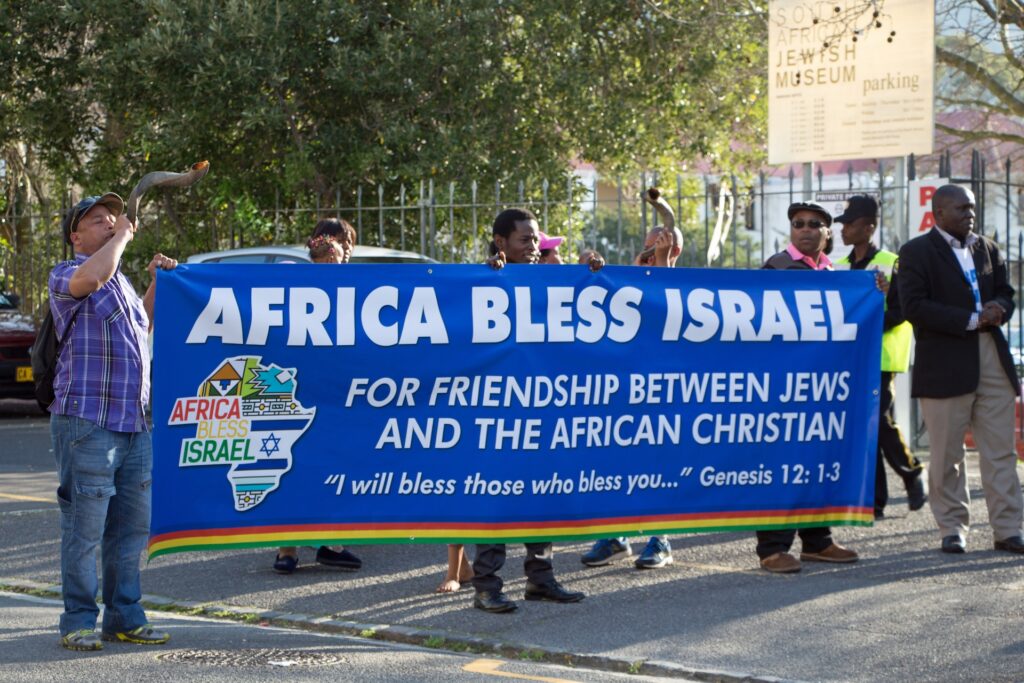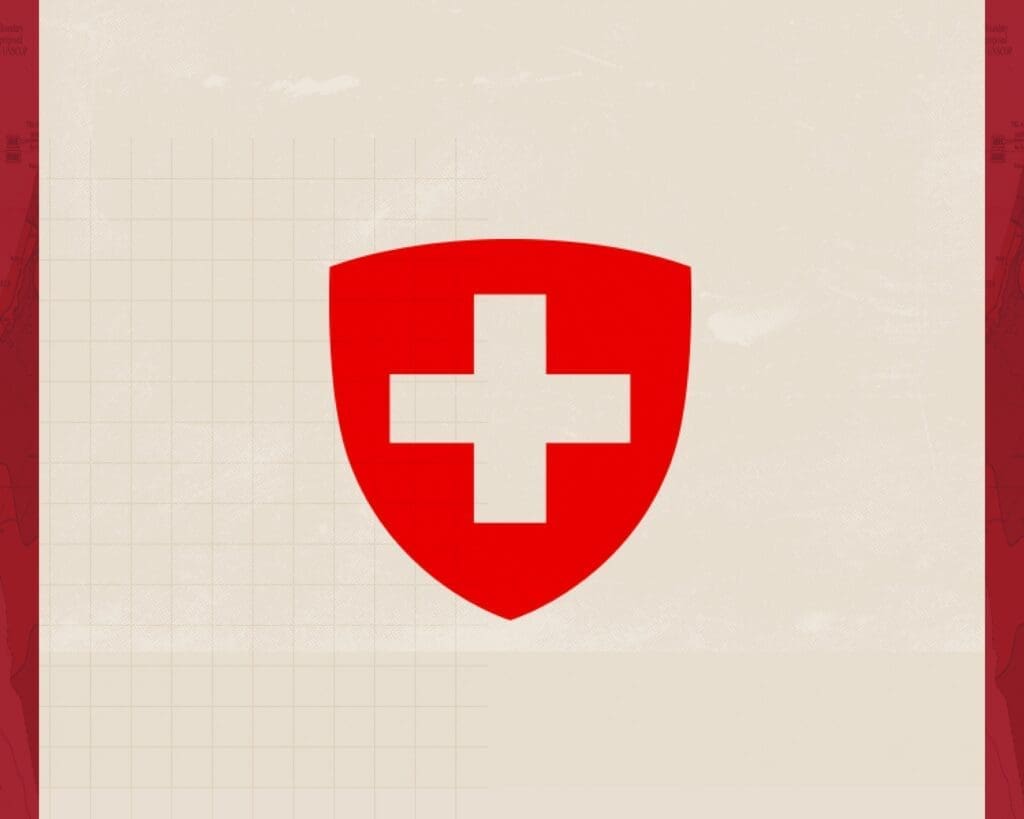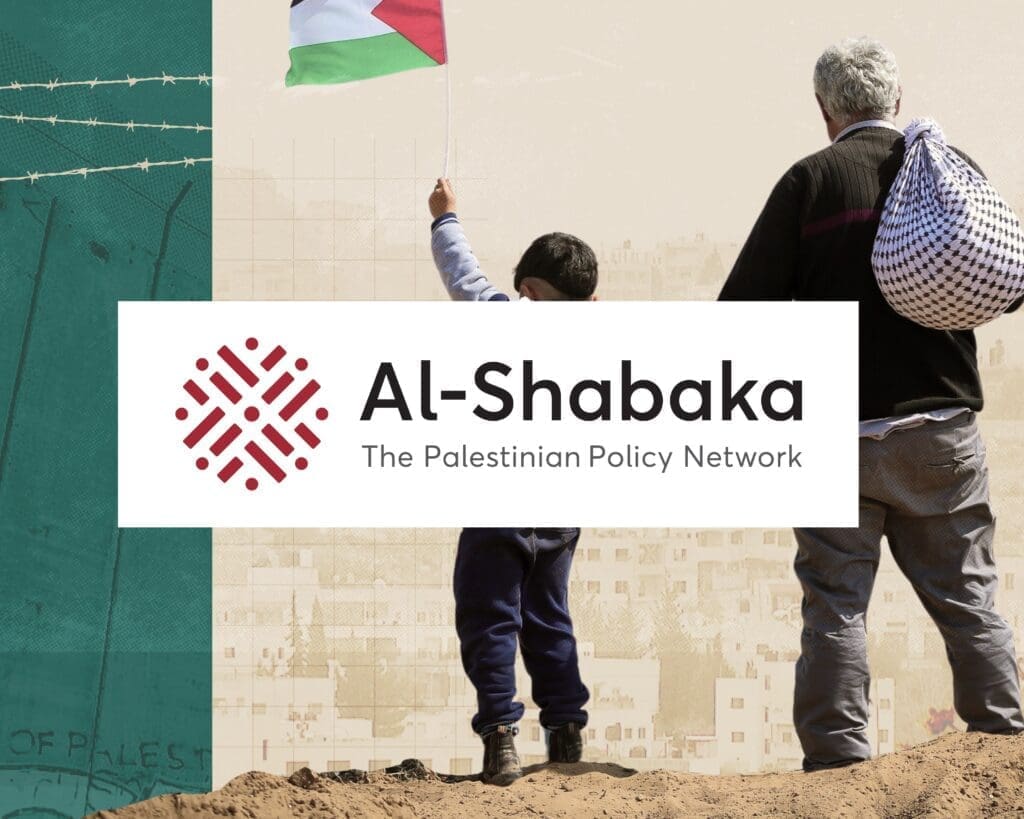
Al-Shabaka has successfully maintained its ranking in the “Best Think Tank Network” category in the 2015 Global Go To Think Tank Index (GGTTI) for the third year running.
At 33rd place, Al-Shabaka is ahead of such think tanks in this category as the International Relations and Security Network (Switzerland), the Royal Institute for International Affairs (UK), and IPEA (Brazil). It remains just six spots after the US Council on Foreign Relations and is just two spots after the German Institute for International and Security Affairs.
Al-Shabaka Executive Director Nadia Hijab said, “The Al-Shabaka Board and staff are delighted with this result, which is due in large part to the intellectual contribution, dedication and commitment of our 130-strong network of Palestinian policy analysts. This result also repays the trust of the generous individuals and foundations that have believed in and supported Al-Shabaka’s work.”
Out of a total of 79 think tanks ranked in the Best Think Tank Network category in 2015 (19 more than those listed in the 2014 Index), only two other think tanks represented issues of concern to the Arab world, one from Egypt and one from Morocco.
Program Director Alaa Tartir added, “We are proud that a Palestinian think tank has such a strong showing in a global index and encourage other Palestinian and Arab think tanks to participate in this process.”
The 2015 Think Tank Index, whose database includes 6,846 organizations from around the globe, was published this week by the University of Pennsylvania’s Think Tanks and Civil Societies Program.
A total of 4,750 faculty, journalists, policymakers, and think tank scholars among other experts participated in the 2015 Global Go To Think Tank Index (GGTTI), and 900 functional area and regional specialists served as expert panelists.
Al-Shabaka: The Palestinian Policy Network is an independent, non-partisan, and non-profit organization whose mission is to convene a multidisciplinary, global network of Palestinian analysts to produce critical policy analysis and collectively imagine a new policymaking paradigm for Palestine and Palestinians worldwide.









